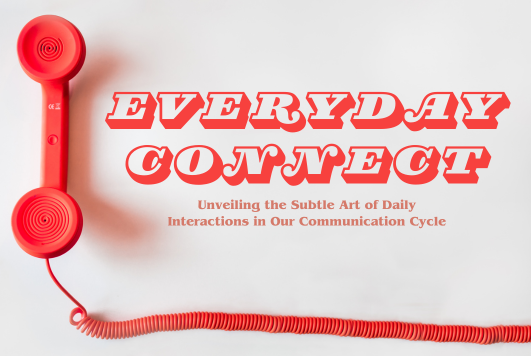
Robert Putnam’s ground-breaking work, “Bowling Alone,” has turned twenty-three this year. Yet, its depiction of the pervasive loneliness epidemic in our society remains as accurate as ever. Putnam’s research meticulously dissects our dwindling social capital, revealing an alarming truth: despite living in an increasingly connected world, we are growing more isolated.
Factors such as urbanization, technology, and the rise of social media, conceived to bring us closer, have ironically distanced us from authentic human connections. We’ve metaphorically been left to ‘bowl alone.’ This isolation has profound implications on mental health, even more so than two decades ago when the book was first published. Loneliness often serves as a precursor to depression, anxiety, and other psychological issues, permeating every aspect of personal and professional life.
Loneliness and isolation have increased so significantly over the last two decades that the US Surgeon General issued a Health Advisory specific to the topic in May 2023. They addressed it as an ‘urgent’ issue, stating, “The lack of social connection poses a significant risk for individual health and longevity.
Echoing this sentiment is The Chapman Foundation for Caring Communities, founded by Bob and Cynthia Chapman. The foundation addresses the lack of effective leadership and empathetic cultural practices within workplaces, environments where individuals should experience acknowledgment, value, and active listening. In fact, according to the Mayo Clinic, work supervisors significantly influence their employees’ health, superseding even the role of primary care physicians. The Chapman Foundation equips team members with the skills needed to cultivate connections, thereby fostering strong and authentic relationships.
Everyday Opportunities to Connect With Others
If you’ve participated in the Our Community Listens class, you’ll understand the importance of continually reflecting on your personal and professional interactions. It’s crucial to identify moments when people are seeking to connect with you.
How I Connect With Others:
The first step of the communication cycle, I seek to connect, is one that I usually take the most for granted. Of course, I seek to connect! I’m a human being! After recently realizing I take it for granted, I stopped to consider how I look for connections with others. The obvious and first things that come to mind when I think about how people connect with others is by initiating plans and inviting others to do things. If I’m truly honest with myself, that’s not how I naturally seek to connect. The ways I default to connecting with others are more subtle. One of my main ways to connect is by picking up the phone and calling a friend I haven’t spoken to in a while. At work, I’ll ask questions about someone’s day or about the people in their lives. Even watching a TV show with my roommate is a way of connecting – sharing time together and doing the same activity. Once I recognized how I look to connect with others, it made me curious about how others might connect with me.
How Other People Connect With Me:
Consider the ways that people seek to connect with you. There might be everyday interactions that you don’t even consider as bids for connection, and they can appear in a variety of ways. Intuitively, I know that people seek to connect with me, but it took me pausing and considering what that looks like in my day-to-day to realize how often it was happening and the different forms connection can take. My co-worker sent me a text to let me know about how she’s liking the new book she’s been reading, which we had both shown interest in a few weeks ago. The flight attendant who helped me check in at the airport asked me what my favorite thing about my destination city is, in an attempt to build connection even if just for a few moments. My sister gives me a call when she is on her way home from work to update me on her day. These are all little interactions that may not seem like much at the moment, but taking the time to recognize them as moments when people sought out connection with me makes me incredibly grateful for those relationships, regardless of how big or small the action was.
Next Steps
In conclusion, whether it’s through the lens of Putnam’s research or our personal experiences, the need for genuine connections in our increasingly isolated world is clear. It’s time we stop ‘bowling alone’ and start building stronger, more caring communities.
Take time to reflect on times when you connect with others. What could you do more of? What new bids for connection could you try?
Become more aware of when other people are attempting to connect with you. What do you know about the other person that may inform you about their natural ways of preferring to deepen their relationship with you?
If you want to have more conversation around seeking to connect, with a specific focus on how DISC can play into this, come to our Roundtable on February 21: Mastering Connections: Leverage DISC for Powerful Interactions
